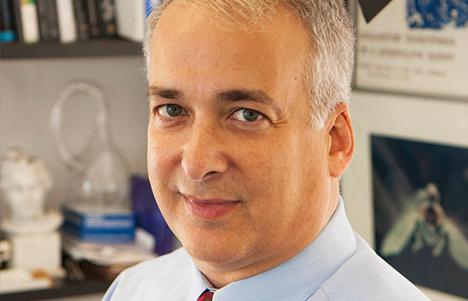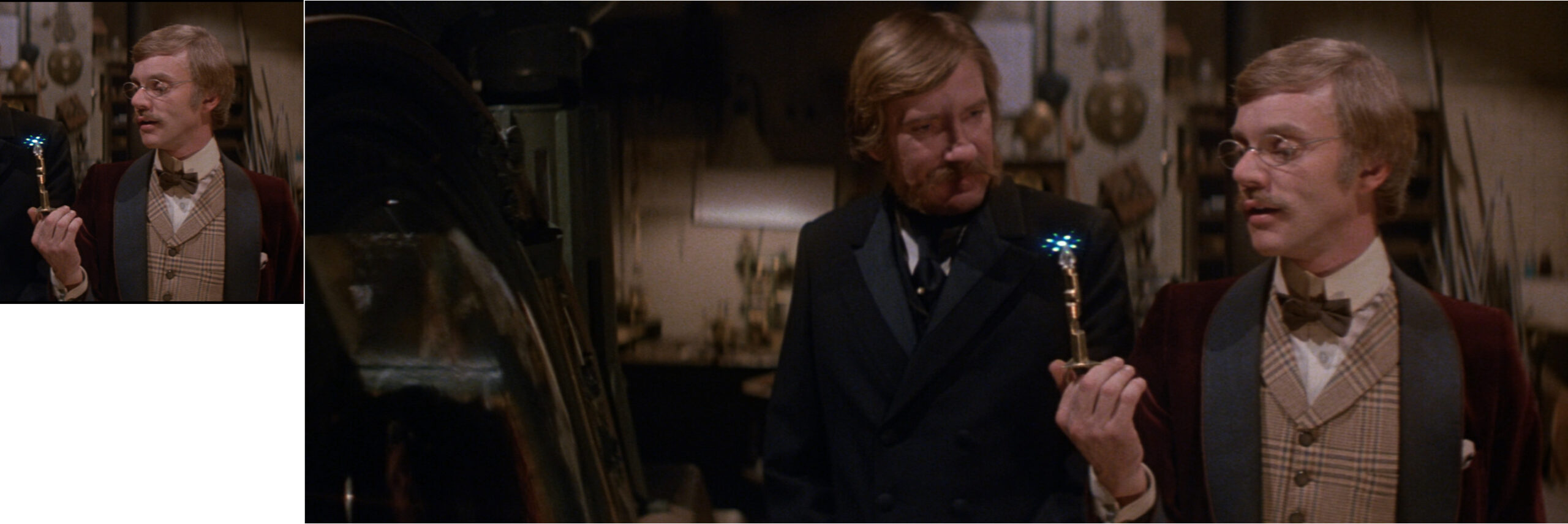
Time After Time
Cabaret Cinema: Time
Friday, March 23, 2018
9:30 PM–11:30 PM
1979, Nicholas Meyer, USA, 112 min.
Introduced by memory neuroscientist Todd Sacktor
Time travel can be murder! In this supremely accomplished sci-fi fantasy, after a time-machine invention is stolen, H. G. Wells (Malcolm McDowell) travels from 1893 London to 1979 San Francisco in pursuit of Jack the Ripper (David Warner), who is bent on continuing his murderous ways into the future. With Mary Steenburgen.
“Time After Time is every bit as magical as the trick around which it revolves.” —The New York Times
About Cabaret Cinema:Time
Curated by Rubin Museum fellow and neuroscientist David Eagleman, Cabaret Cinema delves into the mysteries of time. Aside from their listed duration, movies often carry us through periods far beyond the minutes that pass as we sit in a theater. Time lingers in suspense, is driven forward by fast-talking dialogue, or warps through sudden flashbacks. What does the world of cinema reveal about our experience of time?
Brainwave is supported in part by public funds from the New York City Department of Cultural Affairs in partnership with the City Council.

About the Introducer

Todd C. Sacktor is Distinguished Professor of Physiology & Pharmacology, Anesthesiology, and Neurology at SUNY Downstate Medical Center. He received an A.B. from Harvard College in 1978, and an M.D. with Distinction for Research in Neuroscience from the Albert Einstein College of Medicine in 1982. After a residency in neurology at Columbia Presbyterian Medical Center, he studied the role of the enzyme protein kinase C (PKC) in short-term memory, using the model system Aplysia californica, in the laboratory of Dr. James H. Schwartz, at the Center for Neurobiology and Behavior, directed by Dr. Eric R. Kandel. In his own laboratory at SUNY Downstate in 1990, he discovered a brain-specific, persistently active form of PKC, PKMzeta. Together with colleagues, his laboratory demonstrated that the persistent action of PKMzeta stores the trace of long-term memory. These discoveries lead to methods by which long-term memories can be erased or enhanced.

